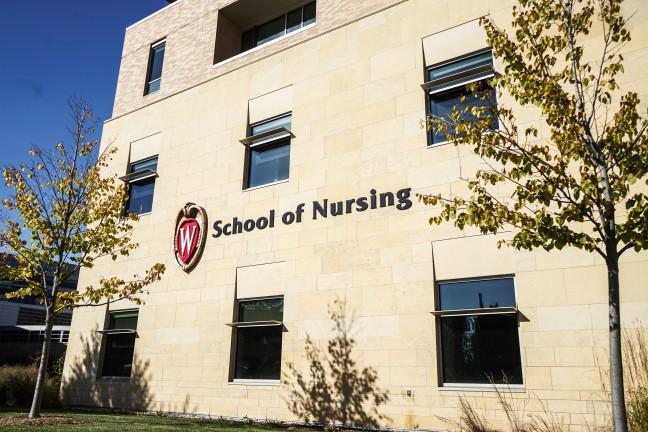After receiving her Ph.D in nursing in May from University of Wisconsin, Maichou Lor became one of the first Hmong-American women to receive the degree.
But, to get there, Lor had to overcome a number of obstacles including moving from Thailand to the United States at age six.
One big obstacle she faced was the difficulty she and her family experienced when it came to communicating with medical professionals.
To solve this dilemma, Lor pursued a degree in the medical field. She said she chose nursing specifically because she felt as if they are the ones who have the most direct patient contact.
“The biggest barrier is the language barrier,” Lor said. “[My colleagues and I] know that there are a large proportion of Hmong in the U.S. who do not speak English.”
While studying at UW, Lor developed a survey tool that provided a variety of means of communication so even elderly Hmong-Americans who have difficulties communicating in their native language could receive adequate healthcare.
The lack of communication between the Hmong-American community and professionals in the healthcare field was echoed by Asia Lee, a spokesperson for the Hmong American Student Association.
“I have seen it especially with my parents, as they are a part of the older generation,” Lee said. “Whenever my parents go to doctor appointments, I usually tag along to answer any questions or provide translation.”
Lee said Lor’s accomplishments are “inspiring” because it shows that Hmong-American students at UW can reach their dreams regardless of the obstacles they may face.
Lor overcame similar obstacles the students in HASA are facing. As a first-generation college student, she had to be a “self starter” and had to figure out how to navigate educational system on her own.
Because of Lor’s impact in the medical field, Hmong-American students at UW think not only about achieving their own goals, but also about their family and how to help them, Lee said.
“I believe that her accomplishments impact Hmong students at UW by showing that we should still care for our older Hmong generations,” Lee said.


